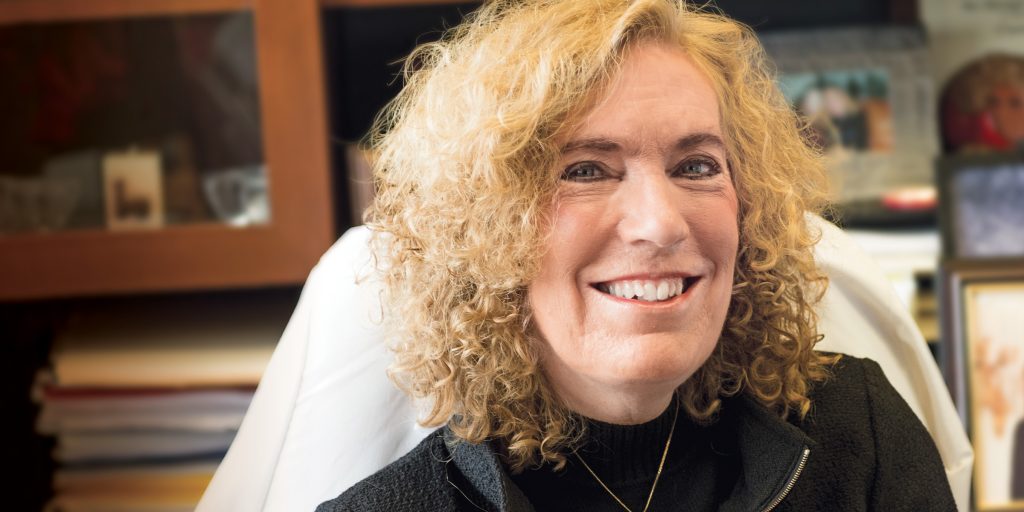

The Fuchs lab is deciphering the diversity and complexity of epigenetic memories that long-lasting cells within tissues acquire and retain as a result of their inflammatory experiences. Pursuing clinical observations in atopic dermatitis patients, they are using mice to test whether inflammation occurring at one skin site can affect distal sites, even distal tissues, that have never directly encountered the irritant. The lab’s ultimate goal is to dissect the molecular mechanisms that underlie inflammatory memories, and to build a foundation for future therapeutics that harness the beneficial memories (wound-healing, heightened pathogen responses) while erasing/minimizing the maladaptive ones (chronic inflammation, allergic responses).

Adult stem cells reside in all tissues, where they replenish dying cells and repair wounds. Using mammalian skin as a model, Fuchs studies the remarkable properties of tissue stem cells, and how they know which tasks to perform and when. She explores how stem cells sense and communicate with other cells in their environment. Aiming at advancing therapeutics, she dissects how communication networks malfunction in inflammation, aging, and cancers.